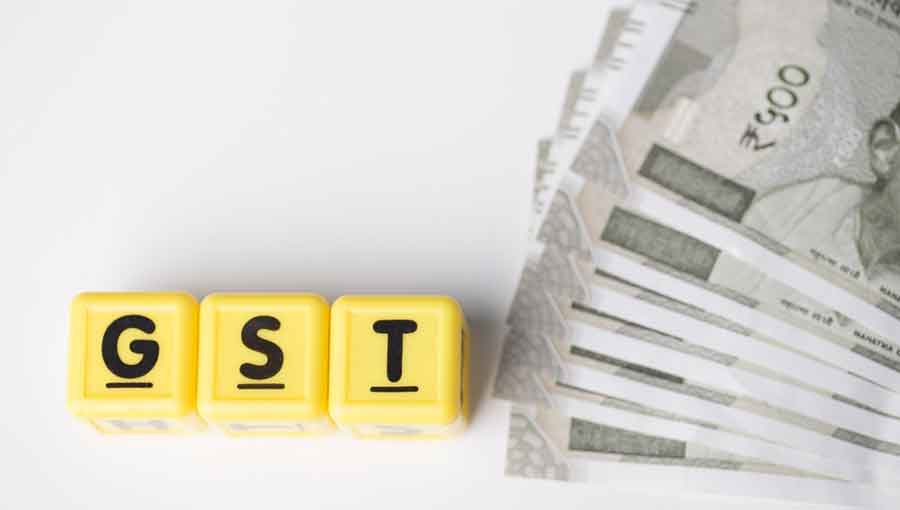The GST Council will meet on Saturday to consider tax reliefs for Covid materials, vaccines and black fungus medicine based on the recommendations of a ministerial panel.
The other big issue is the demand by states that the Centre extend the compensation cess period by another five years, which was recently articulated by Bengal finance minister Amit Mitra.
Opposition-ruled states are also expected to quibble over the estimates of GST shortfall this year and mount pressure on the Centre to borrow the amount and pass it on to them.
Last year, the Centre borrowed Rs 1.11 lakh crore but is less keen to borrow a huge sum this year as it assumes the responsibility of providing free vaccines country-wide.
The recommendations of the group of ministers on Covid reliefs are yet to be made public, but it is learnt that the panel has proposed the GST on vaccines should stay at 5 per cent.
It also wants a uniform rate — also 5 per cent — on all Covid items such as oxygen concentrators and pulse oximeters.
M.S. Mani, senior director, Deloitte India, said: “While rate reductions on all essential medicines, including those used in the treatment of Covid, are a good welfare measure, it is necessary to ensure that the reductions are passed on in the form of lower prices to the patients.”
Rajat Bose, partner, Shardul Amarchand Mangaldas & Co, said, “It is good to see that the Council is showing an urgency to decide on critical issues. Hopefully, they will balance out the concerns of revenue collections and impact on the common man and take an informed decision on the rate cuts.”
Uttar Pradesh finance minister Suresh Kumar Khanna, who is also a member of the GoM, has said the state is in favour of cutting taxes on Covid essentials to help patients.
Bengal finance minister Amit Mitra had earlier written to finance minister Nirmala Sitharaman proposing zero-rated tax on Covid-related items at least for a fixed period of time or taxing them minimally at 0.1 per cent to avoid any hurdles during the implementation stage.
Sitharaman, however, had said a zero rate would mean domestic producers of these items would be unable to offset the taxes paid on their inputs and input services. They would pass these on to the end consumers by increasing their price.
In a series of tweets she had said: “A 5 per cent GST rate ensures that the manufacturer is able to utilise ITC (input tax credit) and in case of overflow of ITC, claim refund. Hence exemption to vaccine from GST would be counterproductive without benefiting the consumer.”












